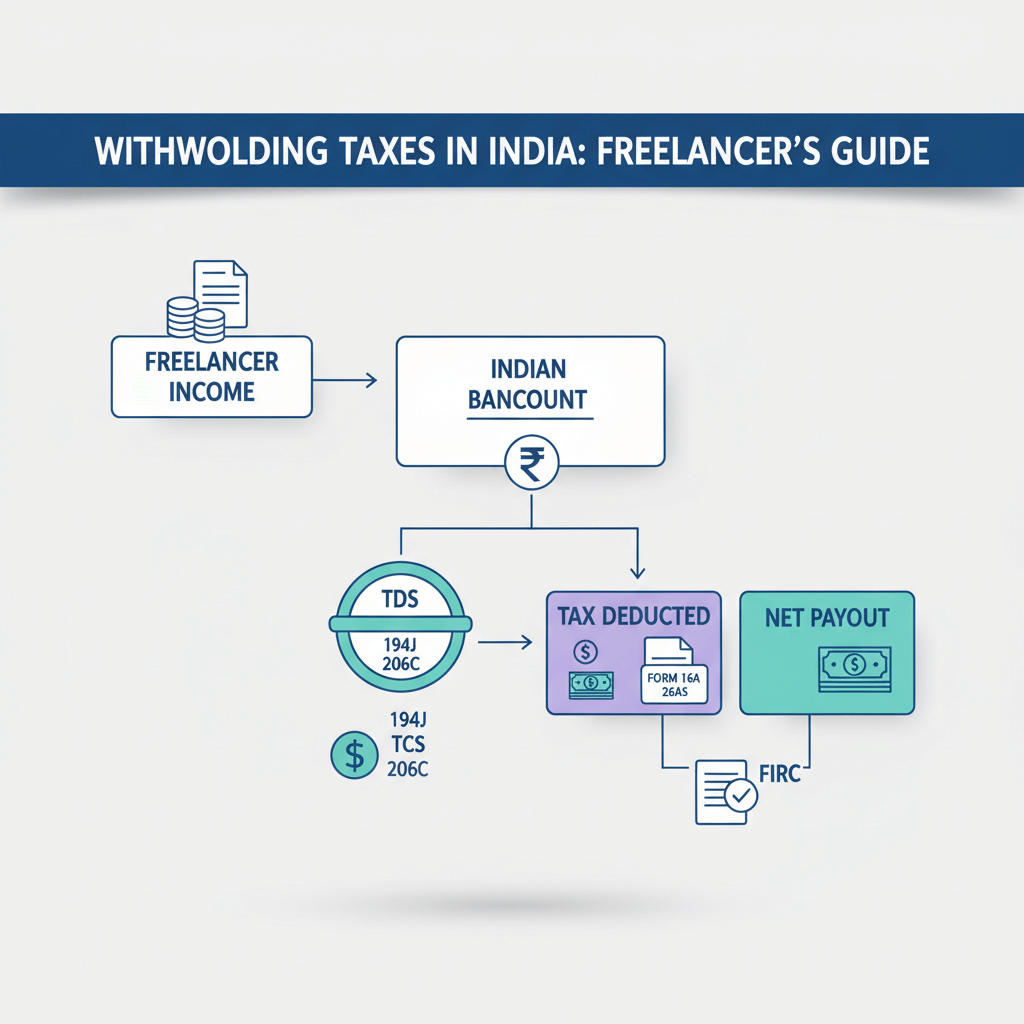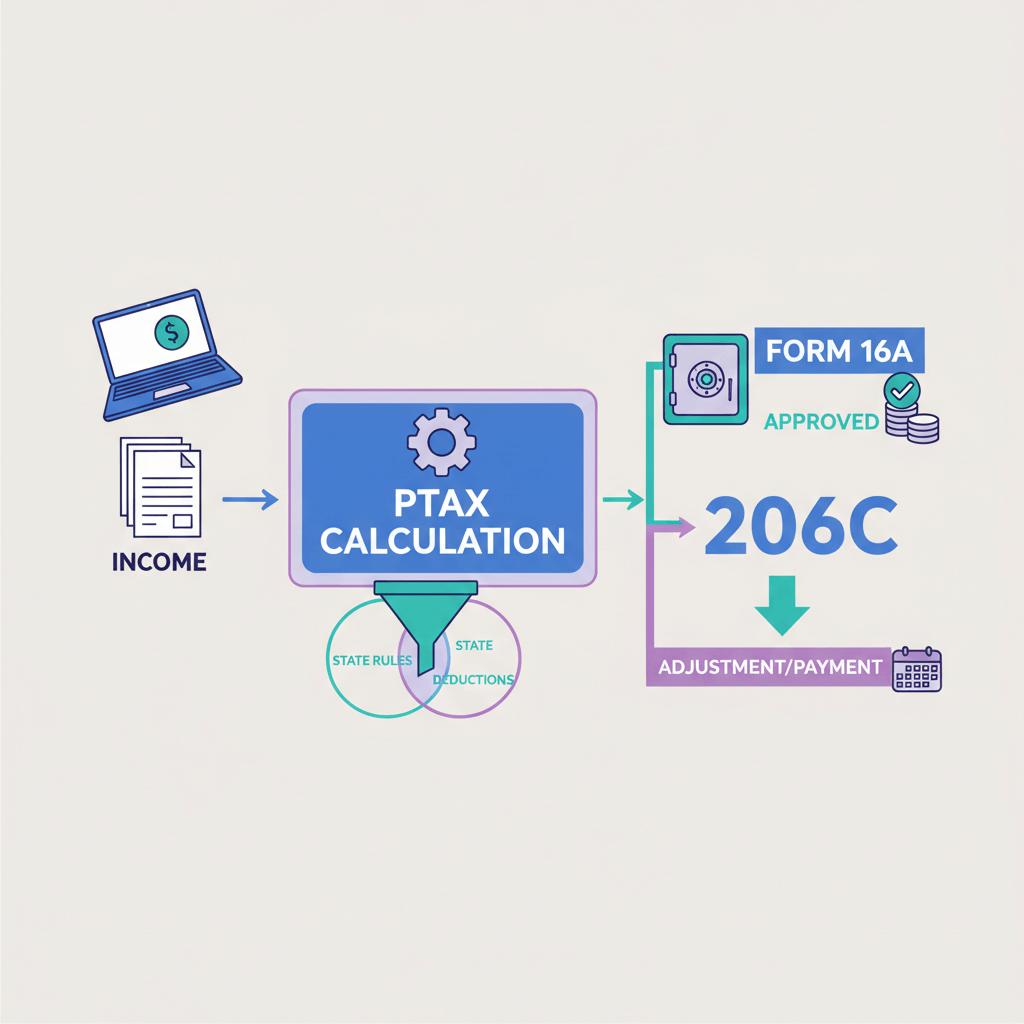Managing multiple foreign currencies is the daily reality of any Indian business with international operations. Whether importing goods, exporting services or paying overseas contractors, international foreign exchange needs to be managed in order to keep things running smoothly. This is where a global currency certificate comes in—it simplifies currency management, reduces conversion costs, and ensures adherence to international regulations.
This article will help you understand global currency certificates and how best to take advantage of them. Read on to find out more…
What is a Global Currency Certificate?
A global currency certificate is a financial instrument that enables companies to fix the exchange rate for future overseas payments. This mechanism, therefore, reduces the risk of unfavorable changes in foreign exchange rates, giving businesses much-needed confidence and stability when dealing with their international transactions.
How Does a Global Currency Certificate Work?
A global currency certificate allows businesses to hedge at a fixed exchange rate for a predefined amount of foreign currency. Consider the following example: an Indian company anticipating to pay in six months a German supplier €100,000. To hedge itself against the possibility of a rise in value for the euro, it buys a global currency certificate at this prevailing exchange rate of 1 euro = ₹80. In this way, the company gets a rate of ₹8,000,000 for its future payment. If, after six months, the euro rose to ₹85, then the company still pays ₹80 for every euro and saves ₹500,000. However, if the euro depreciates against the rupee, the Indian can still pay at the prevailing rate, ignoring the global currency certificate.
Please note that global currency certificates come with an expiration date and are only valid during the time specified.
How to Obtain a Global Currency Certificate: A Step-by-Step Guide
There is always the need to manage currency risks involved in international trading for businesses. Global currency certificate, simply abbreviated as GCC, is one such tool that has come in handy for this purpose. This financial instrument allows the company to freeze or lock in at a certain exchange rate. If you are looking to acquire a GCC, follow these steps:
Step 1 - Research Financial Institutions
Banks and other financial institutions can issue a global currency certificate, so research your options. Look for strong reputations in international finance because they are likely to provide the expertise and resources needed to support foreign currency needs.
Step 2 - Prepare Documents
Collect your essential documents to be included in your application. You are going to need basic documents like a business registration certificate, payment invoices, and the details of the foreign currency transactions you are going to have.
Arranging these documents well beforehand will save much time in the application process.
Step 3 - Fill the Application
Fill out the application form provided by your preferred financial institution. Ensure that all the information on the form is correct and up-to-date since discrepancies may lead to delayed approval.
Step 4 - Checking and Approval Procedure
Once you submit your application, the financial institution will review it. Such an analysis may involve a credit check in order to ensure that you qualify for acquiring the global currency certificate. At this point, you must be ready to answer additional questions or requests for further details.
Step 5 - Pay The Applicable Fees
Once approval is granted, you should receive your GCC, which will include fees that have to be paid for its issuance. These could include processing fees or premiums for securing the exchange rate.
Step 6 - Obtain Certificate
You will receive your global currency certificate after you have received approval and paid the fees. Note the fixed exchange rate, the amount of foreign currency acquired, and the validity date written on this document.
Benefits of Global Currency Certificates for Indian Businesses
Global currency certificates (GCCs) can significantly benefit Indian businesses that engage in international trade. Here are some of the key advantages:
Exchange Rate Stability
GCCs allow businesses to lock in exchange rates for future transactions. This stability is essential for planning budgets and managing finances, especially for Indian companies that face the unpredictability of foreign exchange markets. With GCCs, businesses can avoid the stress of sudden rate changes, helping them feel more secure in their financial commitments.
Cost Management
Securing a fixed exchange rate helps companies control costs associated with imports and exports. For Indian businesses, this means better pricing strategies, as they won’t be blindsided by unexpected currency fluctuations. For example, if a company is buying materials from overseas, a GCC can prevent the overall costs from rising due to currency appreciation.
Access to Multiple Currencies
GCCs make it easier to transact in various foreign currencies, giving Indian businesses greater flexibility in dealing with multiple international partners. This capability streamlines the management of different currency exposures, simplifying the overall trading process.
Regulatory Compliance
GCCs also help businesses meet international regulations related to foreign exchange transactions. By locking in exchange rates and keeping accurate records, companies can stay compliant with the necessary legal standards, reducing the risk of penalties.
Improved Profitability
Ultimately, GCCs can enhance profitability for Indian businesses in the international arena. By stabilizing costs and effectively managing risks, these certificates enable companies to make informed decisions, which can positively impact their bottom line.
Conclusion
Global currency certificates are a useful financial tool for businesses involved in international trade. While they have their advantages, they can also add cost and complexity to your international transactions.
Karbon makes international payments easy for you. Through Karbon, your business can easily get transparent foreign exchange solutions. Our services will always keep you informed of how long your exchange rate is guaranteed to avoid unexpected costs.
Karbon lets you make cross-border payments in all of the major world currencies with significantly lower costs compared to its competitors. Get in touch with us today to learn more!
FAQ
What is the difference between a global currency certificate and a forex account?
A global currency certificate (GCC) locks in an exchange rate for future transactions. This protects businesses from currency fluctuations. On the other hand, a forex account allows businesses to trade currencies in real time. This offers flexibility to buy or sell based on market conditions. Thus, while a GCC provides stability by fixing rates, a forex account presents opportunities for potential profit through active trading.
How long can I hold a global currency certificate?
You can typically hold a global currency certificate for a few weeks to several months. However, this duration depends on the issuing institution and the terms agreed upon. Therefore, check the specific conditions linked to the certificate, as the holding period affects your ability to execute foreign transactions.
Are global currency certificates safe?
Global currency certificates are generally considered a secure option for hedging against exchange rate volatility. However, it’s important to note that risks exist, especially if the underlying currency experiences significant fluctuations. Therefore, work with reputable financial institutions that offer transparent terms and reliable support when obtaining GCCs.
Can businesses benefit from global currency certificates?
Yes, businesses can benefit significantly from global currency certificates. By locking in exchange rates, companies protect their budgets from unexpected currency fluctuations. Moreover, it’s especially advantageous for businesses involved in international trade, where stable costs enhance profitability and reduce risks associated with foreign transactions.
What are the fees associated with global currency certificates?
Fees for global currency certificates vary depending on the financial institution and the specific product. Common fees include issuance fees, management fees, or transaction fees for converting currencies.











